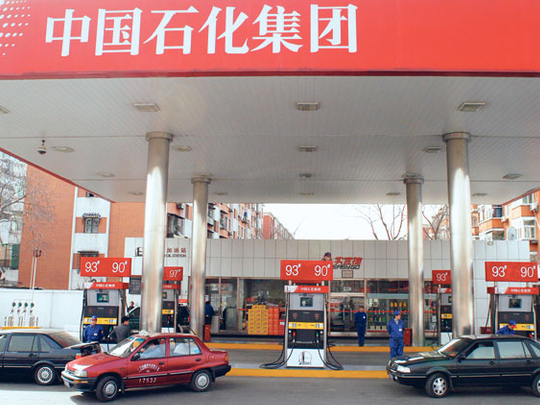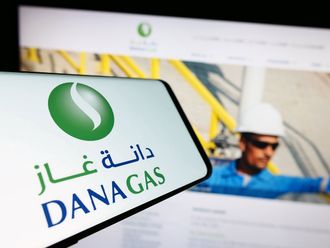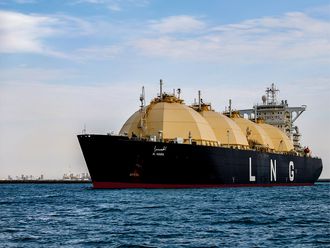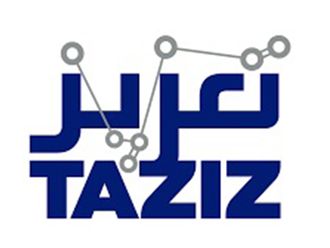
Madrid/Beijing: China's Sinopec Group said on Friday it plans to buy 40 per cent of Repsol's deepwater oil assets in Brazil for $7.1 billion (Dh26 billion) as the Asian giant expands its presence in resource-rich Latin America.
China has invested heavily in natural resource projects overseas to feed its surging domestic economy and is now on track to be the biggest foreign direct investor in Brazil for 2010 — underscoring the trend of growing investment flows between big emerging economies that are now less reliant on traditional partners like the United States.
Sinopec announced the multibillion-dollar agreement just two days before Brazilians go to the polls to elect a new president. Dilma Rousseff, the handpicked successor of outgoing President Luiz Inacio Lula da Silva, is widely forecast to win the election.
The deal would help Repsol Brasil, a unit of Spain's largest oil company, develop costly subsalt deposits that were discovered in 2007 and comprise one of the world's biggest petroleum frontiers. Experts believe the vast subsalt area may hold 50 billion barrels of crude.
"Oil demand should grow, with the global economy recovering in the coming years," said Erick Scott, an analyst at Sao Paulo-based brokerage SLW. "Brazil is one of the countries with the most potential for growth because of the subsalt reserves, so that's why they're coming here."
Sinopec is also bidding for oil and gas assets of Brazilian startup firm OGX worth a potential $7 billion, sources told Reuters last month.
A source at OGX, controlled by billionaire Eike Batista, told Reuters on Friday the deal with Repsol has no effect on negotiations with potential buyers for assets in the Campos basin, where most of Brazil's oil output comes from.
"One thing has nothing to do with the other. We should have something on that soon," the source said.
IPO cancelled
Repsol Brasil had filed to sell shares in an initial public offering in Sao Paulo, but with the Sinopec deal, the IPO has been cancelled, said Miguel Martinez, chief operating officer of Repsol.
With stakes in 16 offshore exploratory blocks, the company has had seven discoveries so far, all of them in the Santos basin off the coast of Sao Paulo. Repsol Brasil's stakes give the company control over reserves of 1.16 billion barrels of oil equivalent (BOE) from the discoveries, according to an IPO prospectus.
More broadly, mergers and acquisitions in Brazil's oil sector could flourish in coming months as global oil companies look to get a piece of the deepwater reserves.
Licensing rounds to explore oil in the country have been suspended since 2007 and with voting on Brazil's new oil law on hold for now, the only way for companies to get in on the subsalt wells appears to be through mergers and acquisitions.
But concerns that changes to Brazilian oil regulations could spook overseas investors may have been overdone.
The sector has seen a series of deals in recent months, including the purchase by China's Sinochem of a 40 per cent stake in the Peregrino field owned by Norway's Statoil for $3.07 billion in May. Oil majors such as France's Total, Royal Dutch Shell and Britain's BG Group have unveiled plans to invest billions of dollars to tap oil in Brazilian offshore fields.
Repsol shares rise
Repsol shares rose 5.6 per cent to a 2-year high of 20.0 euros while construction firm Sacyr-Vallehermoso, which holds a stake of about 20 per cent in Repsol, jumped 12.7 per cent. The Chinese stock market was closed for a national holiday. Under the terms of the deal, Sinopec would subscribe to a $7.1 billion capital hike in Repsol Brasil. Merrill Lynch analysts in a note said the implied value of $10.7 billion for the 60 per cent Repsol stake compared to analysts' consensus value for the whole unit at $8 billion to $10 billion.
"It's clearly positive, not only for Repsol but for all oil companies that have interests in Brazil," said Jordi Padilla at Madrid-based fund manager Popular Gestion Privada. The firm, with 1.4 billion euros ($2 billion) of assets under management, holds Repsol shares.
Sinopec said the company was targeting the production of 200,000 barrels per day oil equivalent from the mostly offshore blocks.
"It's a large-scale asset of premium quality and potentially with more discoveries to be made in the future," a Sinopec official said.
Repsol expects production of more than 50 million barrels per year by 2018-2020 from the Brazil deposits it currently holds, Chief Operating Officer Miguel Martinez said.
The deal, which will require approval from competition authorities, is on a par with Sinopec's acquisition of Swiss oil and gas explorer Addax for some $7.24 billion, with assets in Nigeria and Iraq's Kurdistan region.
Repsol, in partnership with Brazilian state-run oil company Petrobras, has a stake in some of the larger deepwater subsalt blocks off Brazil's southern coast, including a 25 per cent stake in BM-S-9 which holds the Guara and Carioca fields.












